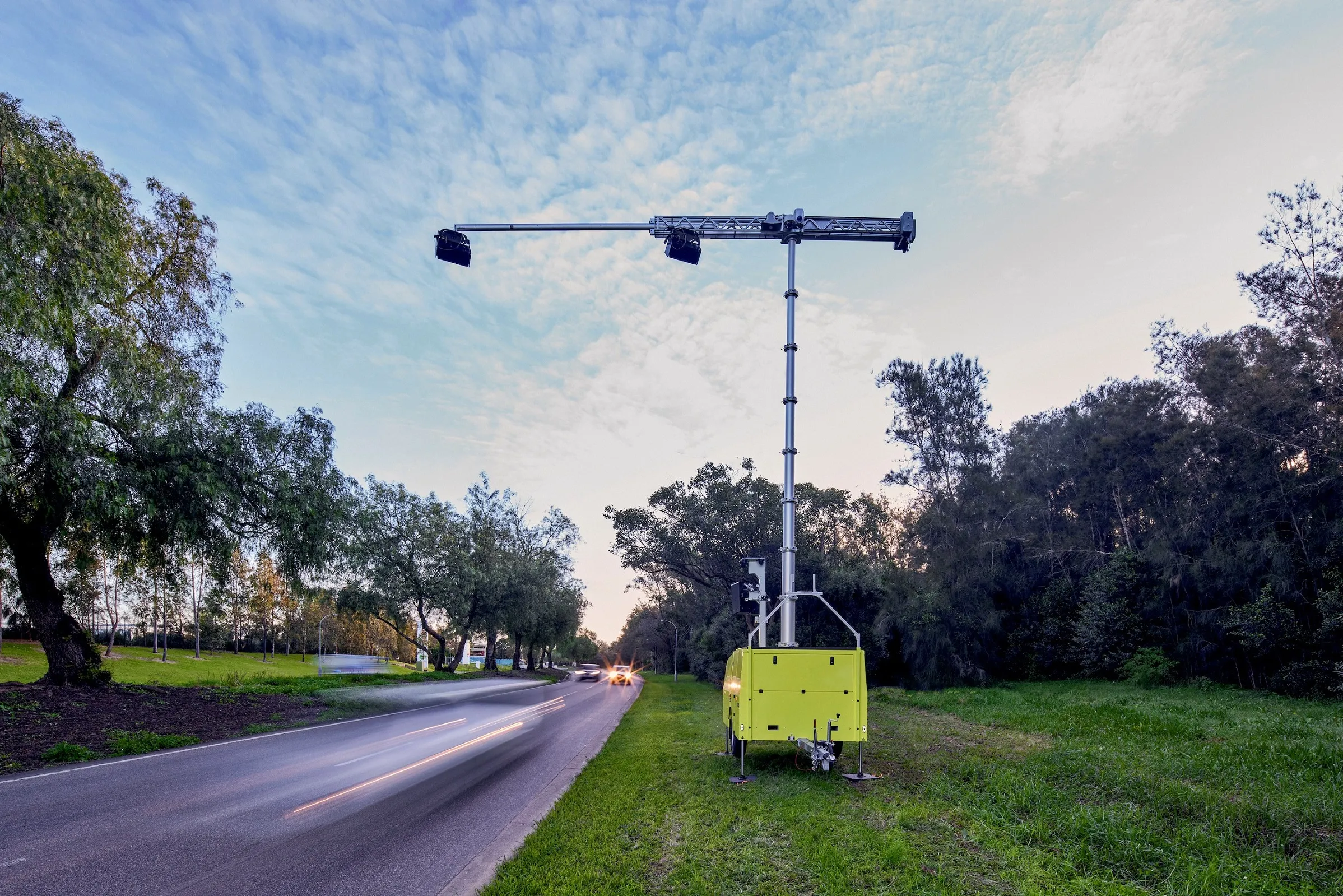The UK’s Road Haulage Association (RHA) has welcomed the news that police officers will now be able to issue fixed penalties for tail gating and for general poor lane discipline. "This is good news for all road users," said RHA chief executive Geoff Dunning. "The UK road network is among the most congested in Europe. As traffic levels continue to rise, it is inevitable that there will be a corresponding increase in traffic incidents. Careless driving is a major cause of crashes and we hope that the new poli
August 16, 2013
Read time: 2 mins
The UK’s 6985 Road Haulage Association (RHA) has welcomed the news that police officers will now be able to issue fixed penalties for tail gating and for general poor lane discipline.
"This is good news for all road users," said RHA chief executive Geoff Dunning. "The UK road network is among the most congested in Europe. As traffic levels continue to rise, it is inevitable that there will be a corresponding increase in traffic incidents. Careless driving is a major cause of crashes and we hope that the new police powers will go a long way to reducing this situation.
"Instances of tailgating and lane hogging have become common practices on our roads; particularly on motorways where speed limits are higher. As far as the road haulage sector is concerned, the fact remains that many car drivers are completely unaware that heavy goods vehicles are not allowed to use the motorway outside lane; this in itself can often be a key cause of frustration which can frequently result in poor driving practices."
The RHA is also pleased to note that the existing fixed penalty levels for most motoring offences, including using a mobile phone at the wheel and not wearing a seatbelt, will rise to £100, bringing them into line with penalties for similar non-motoring fixed penalties.
The fixed penalty for careless driving is now £100 with three points on the driver's licence. The most serious examples will continue to go through court, where offenders may face higher penalties. The police will also be able to offer educational training as an alternative to endorsement. Drivers will still be able to appeal any decision in court.
"This is good news for all road users," said RHA chief executive Geoff Dunning. "The UK road network is among the most congested in Europe. As traffic levels continue to rise, it is inevitable that there will be a corresponding increase in traffic incidents. Careless driving is a major cause of crashes and we hope that the new police powers will go a long way to reducing this situation.
"Instances of tailgating and lane hogging have become common practices on our roads; particularly on motorways where speed limits are higher. As far as the road haulage sector is concerned, the fact remains that many car drivers are completely unaware that heavy goods vehicles are not allowed to use the motorway outside lane; this in itself can often be a key cause of frustration which can frequently result in poor driving practices."
The RHA is also pleased to note that the existing fixed penalty levels for most motoring offences, including using a mobile phone at the wheel and not wearing a seatbelt, will rise to £100, bringing them into line with penalties for similar non-motoring fixed penalties.
The fixed penalty for careless driving is now £100 with three points on the driver's licence. The most serious examples will continue to go through court, where offenders may face higher penalties. The police will also be able to offer educational training as an alternative to endorsement. Drivers will still be able to appeal any decision in court.









